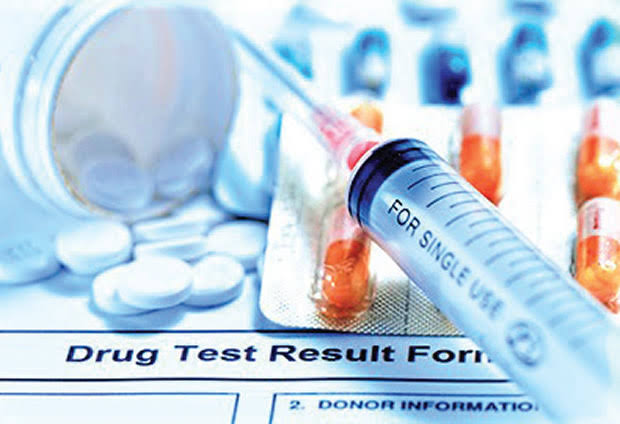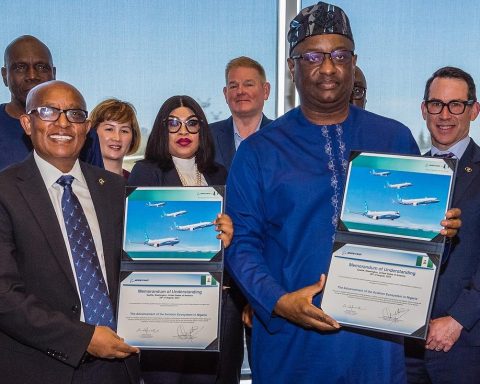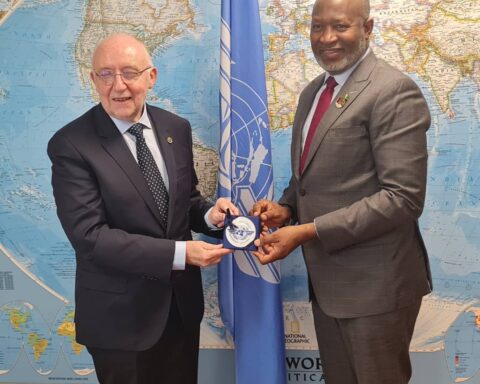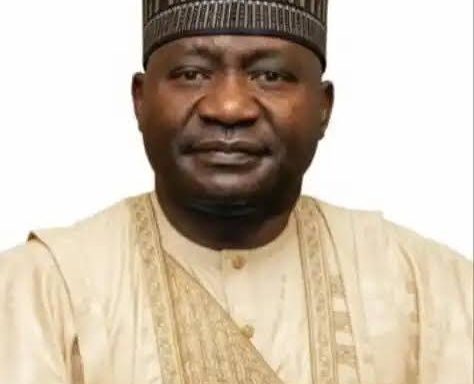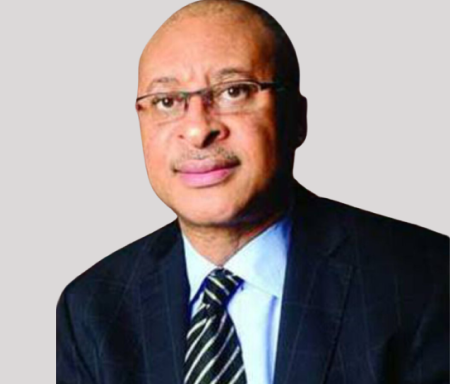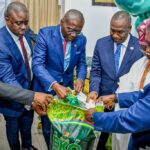Human Rights Writers Association of Nigeria (HURIWA) has urged the Minister of Aviation, Festus Keyamo (SAN), to partner with the National Drug Law Enforcement Agency (NDLEA) to introduce mandatory, routine drug and alcohol testing for airline pilots and crew members.
The call follows a preliminary report by the Nigerian Safety Investigation Bureau (NSIB) alleging that three crew members of Air Peace tested positive for alcohol and cannabis after a flight incident at Port Harcourt International Airport, Omagwa.
The NSIB report, released on Friday, revealed that toxicology tests detected indicators of alcohol in some crew members and Tetrahydrocannabinol (THC), the psychoactive compound in cannabis, in a cabin attendant. The bureau immediately issued safety recommendations urging Air Peace to strengthen its Crew Resource Management (CRM) training, particularly for handling unstabilised approaches and go-around decisions.
Join our WhatsApp ChannelAir Peace, however, said it was not officially informed of the recommendations and disclosed that its first officer earlier suspended had been reinstated to active duty with approval from the Nigeria Civil Aviation Authority (NCAA).
The NCAA’s Selective Handling Of Frequent Breaches Of International Aviation Safety Standards
HURIWA commended the NSIB’s transparency but warned that allowing the matter to fade without systemic changes would be “unethical and dangerous.” In a statement signed by its National Coordinator, Comrade Emmanuel Onwubiko, the group said: “Those who tested positive for drugs and alcohol must undergo rehabilitation and find alternative employment outside aviation. Passenger safety demands emotional and psychological soundness devoid of hard drug or alcohol influence.”
The rights group stressed that the real danger lies not just in one airline’s lapse but in the wider aviation ecosystem. “Drugs and alcohol have no place in the cockpit or any safety-sensitive aviation role,” HURIWA stated. “A single lapse in judgment can put hundreds of lives at risk within seconds. The safest approach is a zero-tolerance mindset combined with regular screening to detect hidden risks.”
The incident exposes a critical gap in Nigeria’s aviation safety net. While the NSIB has issued advisories, there is currently no law mandating routine drug and alcohol testing for flight crews in Nigeria a sharp contrast to best practices in countries such as the United States and the United Kingdom. Without such safeguards, passengers are left to rely on airline self-regulation, which HURIWA warns is inadequate.
By calling for NDLEA-led random tests, the rights group is pressing the government to adopt a policy that could prevent future tragedies. Aviation experts say implementing mandatory testing would not only deter substance abuse but also boost public confidence in Nigeria’s airlines, where even a perception of impairment can undermine trust.
For travellers and regulators alike, the Air Peace revelations are a wake-up call. The question now is whether Nigeria’s aviation authorities will treat this as an isolated embarrassment or as an opportunity to tighten safety protocols before a preventable disaster occurs.
Amanze Chinonye is a Staff Correspondent at Prime Business Africa, a rising star in the literary world, weaving captivating stories that transport readers to the vibrant landscapes of Nigeria and the rest of Africa. With a unique voice that blends with the newspaper's tradition and style, Chinonye's writing is a masterful exploration of the human condition, delving into themes of identity, culture, and social justice. Through her words, Chinonye paints vivid portraits of everyday African life, from the bustling markets of Nigeria's Lagos to the quiet villages of South Africa's countryside . With a keen eye for detail and a deep understanding of the complexities of Nigerian society, Chinonye's writing is both a testament to the country's rich cultural heritage and a powerful call to action for a brighter future. As a writer, Chinonye is a true storyteller, using her dexterity to educate, inspire, and uplift readers around the world.


